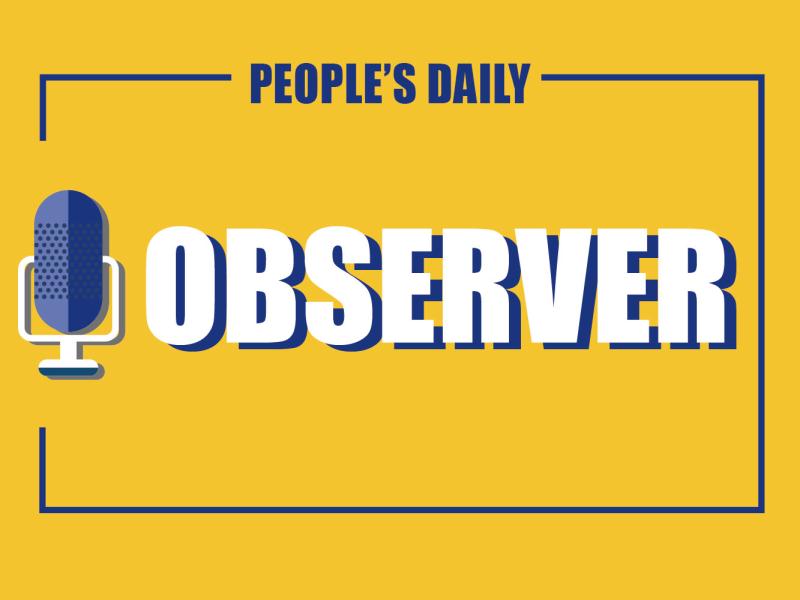
"We are failing," said Francis Collins, director of the National Institutes of Health Sunday on ABC's "This Week." "We should not really have ever got to the place we are."
The top US health official was referring to the country's incompetence in front of a fourth wave of COVID-19: an average of more than 110,000 new infections are reported daily at home over the past seven-day period, according to the latest data from the US Centers for Disease Prevention and Control.
The pandemic should have been treated as a public health issue. But partisan politics stood in the way of the US pandemic response.
Senator Rand Paul from Kentucky called on people to resist the mask mandate and lockdown policies in a video the same day. On August 4, right-wing radio host Dick Farrel from Florida died of COVID-19 complications. Farrel vehemently disputed the efficacy of COVID-19 vaccines as recently as June.
The ongoing controversy over mask mandates and vaccines reflects an America society scrambling to unite all sides but got stuck in the dilemma of doing so due to the political system it's build on.
Compared with his predecessor, US President Joe Biden took a more aggressive approach towards the handling of the pandemic, rolling out a national vaccination program. But the ambition to celebrate independence from the virus succumbed to the harsh reality of convincing conservative communities and younger populations to roll up their sleeves.
On June 22, the White House acknowledged that the goal of inoculating 70 percent of American adults with at least one shot by July 4 will take a few more weeks to happen but highlighted hitting the target among a smaller group of people age 30 and above.
With a fundamentally crippled political apparatus, US lawmakers cannot work together and coordinate a swift, and effective response to a public health crisis on such scale.
By pinning all hopes on the vaccine, the Biden administration underestimated other preventive measures that are equally important. As a result of the US CDC May guidance, many people took off their masks, a decision that was made too early on hindsight and caused a summer surge in cases.
At the same time, the US compromised its image of a superpower by shunning away from the international community's fight against the virus.
Last week, it blocked the World Health Organization's call to halt vaccine booster shots, which could have narrowed the gap of vaccine distribution between richer and poorer countries and get more vulnerable people protected.
America has a human rights radar that sends alarms whenever it senses a "crisis" even not on US soil. An unequal global distribution of vaccines, unfortunately, doesn't qualify as a violation of human rights by US standards.
Will the day when the pandemic is finally under control come to the US? Maybe, if the US learns from the lesson and makes drastic changes to its pandemic strategy. But in a divided nation where the government operates at such low efficiency, it is like trying to find a needle in a haystack.


